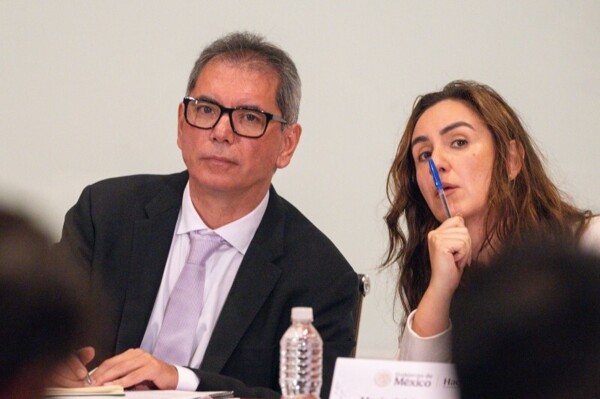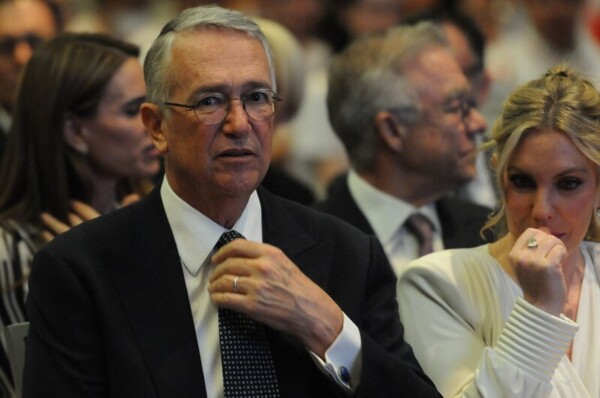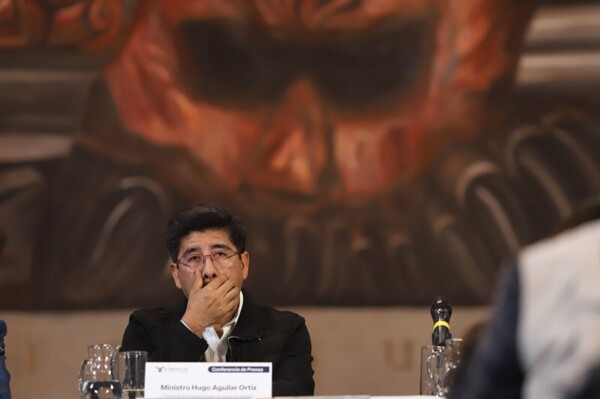
The Mexican government published the measure yesterday in the Official Gazette of the Federation via a decree signed by President Claudia Sheinbaum, which raises import tariffs up to 156% for most tariff fractions of sugar, cocoa, and flavored syrups, and up to 210% for refined liquid sugar and inverted sugar. The decree states that the decision seeks 'to implement the necessary mechanisms that generate stability in the national industrial sectors and allow for the elimination of distortions in trade' and to address the 'situation of oversupply of sugar in the national market,' which is putting the profitability of the sugarcane agro-industry at risk. Until this Tuesday, the government imposed tariffs of US$0.36 per kilogram on some sugar imports. According to the text, the measure fulfills Mexico's commitments to the World Trade Organization and the Foreign Trade Law, which is interpreted to mean that the tariff will not extend to nations with which Mexico has trade agreements, such as the United States and Canada. 'Sugar taxes' in Mexico: a revenue-raising policy with no health impact? According to calculations by Gabriela Siller, an analyst at the Base Financial Group, between January and September, Mexico imported 131.1 million dollars in sugary products included in this decree, which represents a mere 0.027% of the country's total imports. If annualized, it would be about 175 million dollars, of which 62% comes from North America, so the tariff would apply to only around 0.01% of imports, equivalent to 49.6 million dollars in the first nine months of the year. Even so, Siller warned that 'tariffs on sugar imports could generate inflationary pressures on products with high sugar content,' as they add to the increase in the tax on sugary drinks provided for in the 2026 Revenue Law. The tariffs that the federal government imposed on sugar imports could generate new inflationary pressures, warned economist Gabriela Siller, director of Economic Analysis at Banco Base. 'Faced with the fall in international prices and oversupply, and in compliance with our country's international commitments, import tariffs on sugar have been updated to defend employment, strengthen production, and the national market,' the Secretariat wrote in a post on X. Through a post on X, the government argued that the measure aims to 'defend employment, strengthen production, and the national market' in the face of falling international prices and oversupply. Sugar sector organizations, which bring together more than 12 million people, celebrated the decision and highlighted that 'the tariff barrier that protected the industry since 1994 is restored,' which had been weakened by inflation and the volatility of international sugar prices. 'The demand for these products has low sensitivity to increases in their price, which in economics is known as low price elasticity of demand,' it is explained. This means that consumers will hardly reduce their consumption, so the impact will be passed directly on to prices. Consumers will hardly reduce their consumption, so the impact will be passed directly on to prices.














